Mentoring at Kingswood
.jpg)
At a recent Parent Forum meeting, parents asked for an explanation to be given regarding our use of Progress Reports, but to do this properly we need to set it in the context of mentoring.
Our Rationale
As a school we are committed to the belief that mentoring students on an individual basis is a powerful way to help them develop and make good progress. We believe that through close mentoring we can build better relationships, increase the sense of belonging within our community and the feeling of being cared for, as well as raise attainment.
Our Commitment
Every student will be mentored individually at least once each term (i.e. six times per year) by their Form Tutor.
When are Students Mentored?
During the timetabled mentoring hour each week Form Tutors mentor one or more of their tutees at a time (perhaps Year 11 students individually, Year 7 students in a group of two or three – as tutors deem appropriate). Tutors ask subject teachers if they can spare the student for the required amount of time.
What Does the Mentoring Focus On?
Naturally Form Tutors chat with each student about how the student is doing but crucially data from the student’s termly report forms the main basis of the mentoring. The Mentoring and Target Setting sheet in the student planners provides a basic framework for the mentoring session. This will naturally lead the conversation through attendance, Effort Rainbow score, a review of progress in particular subjects and culminates in the setting of targets for the term ahead.
What Should the Outcome of a Mentoring Session Be?
It depends… For many students it will be a big pat on the back and encouraging words. A tutor may wish to send a note to the parents/carers in the student’s planner, give merit stickers, send a postcard and so forth, but new targets still need to be set. For other students it may be appropriate to put them on a progress report, if this is the case we endeavour to contact parents and explain why a student has been put on a progress report.
The Use of Progress Reports
Being put on a progress report is not necessarily a ‘bad’ thing: we are saying that we think a student has the potential to do better and we are trying to help them achieve that. Particular targets are set by the Form Tutor, perhaps relating to a specific subject, but it could be many different aspects such as completing homework, working as part of a group, quantity of work produced, whatever is appropriate to the particular student.
Students hand the report to their teacher at the start of each lesson and collect it at the end of the lesson after the teacher has completed it. We ask parents to sign the report each day and Form Tutors also look at and sign the report. We of course feel that the involvement of parents is crucial, not least because no one cares more for the progress of child than their own parent but also because it is so much more powerful if the school and family work together to help a child make good progress.
If You Require Further Information
If you have a particular issue, perhaps relating to your son or daughter’s progress then please contact their Tutor, Senior Tutor or appropriate subject teacher.
If you have any comments or requests about mentoring, reporting or the use of progress reports then please contact Jon Lawson, Assistant Headteacher. We hope that you find this explanation helpful and we look forward to working together so that every child achieves their full potential.
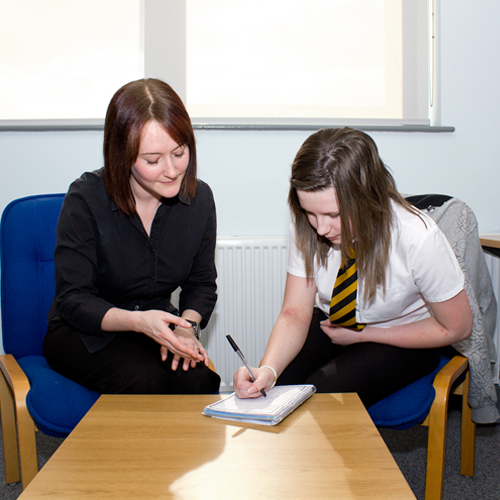
No comments have been left yet.

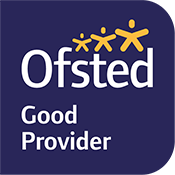
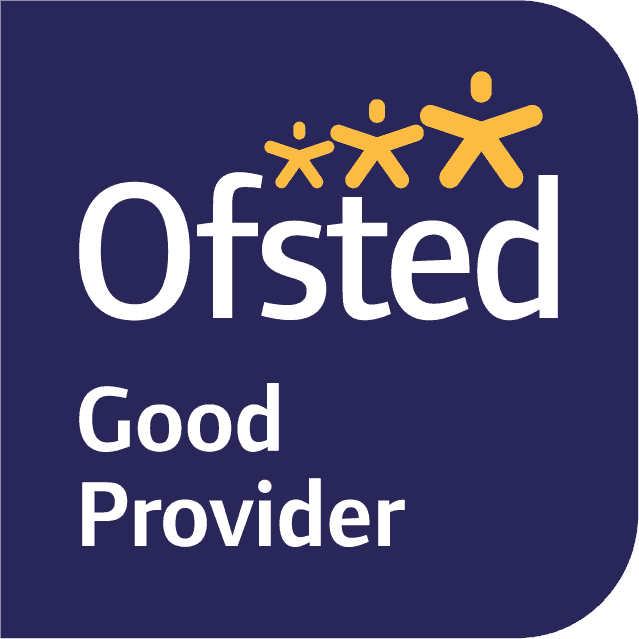
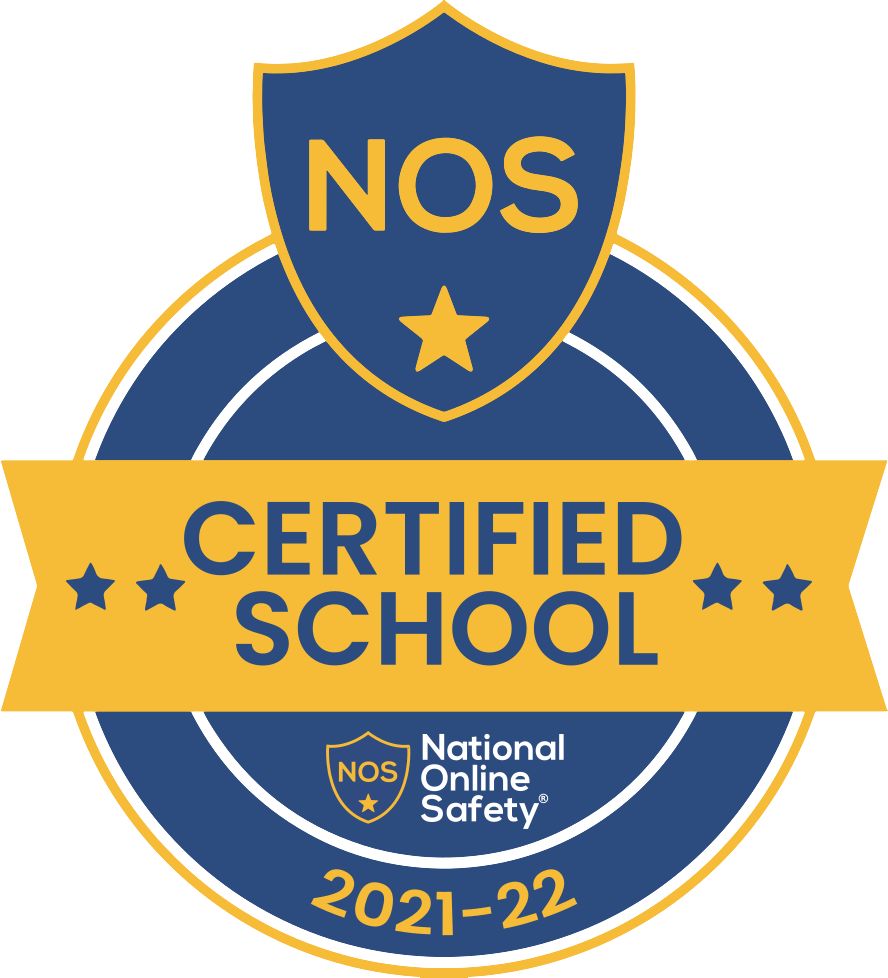
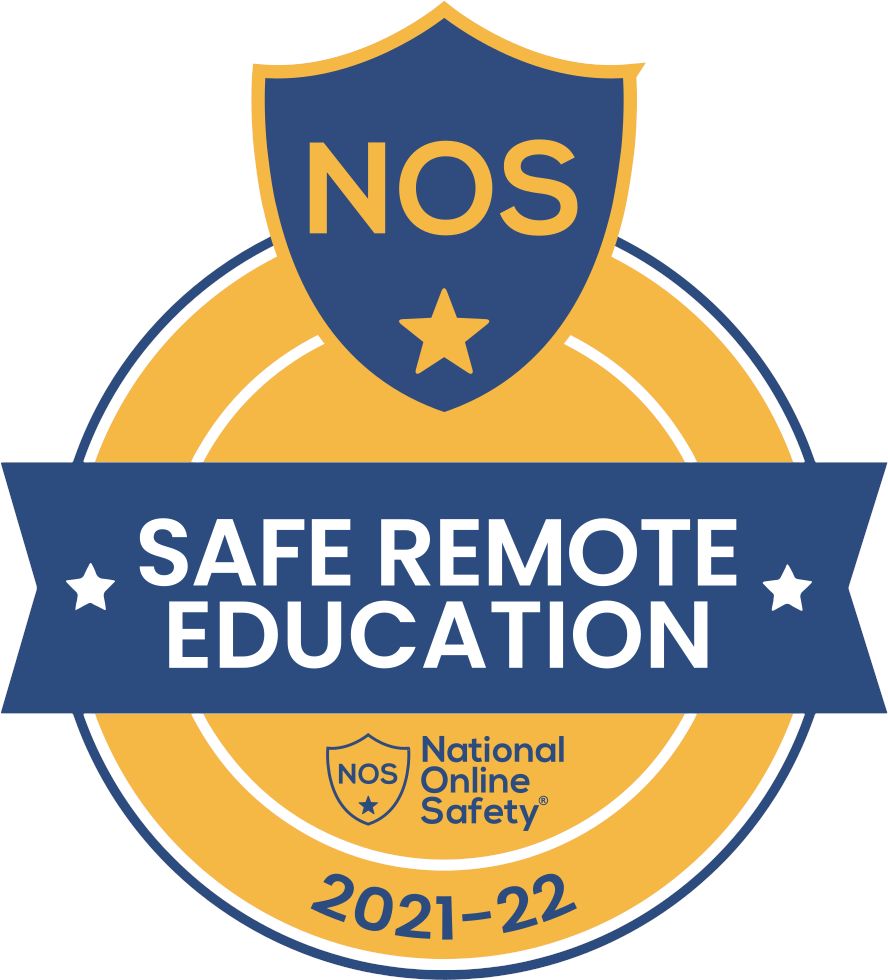



Leave a comment